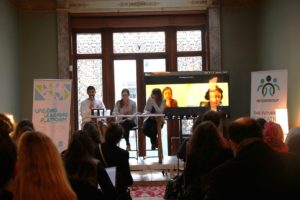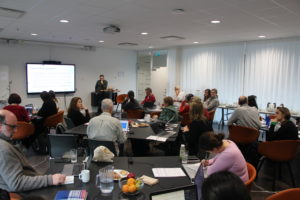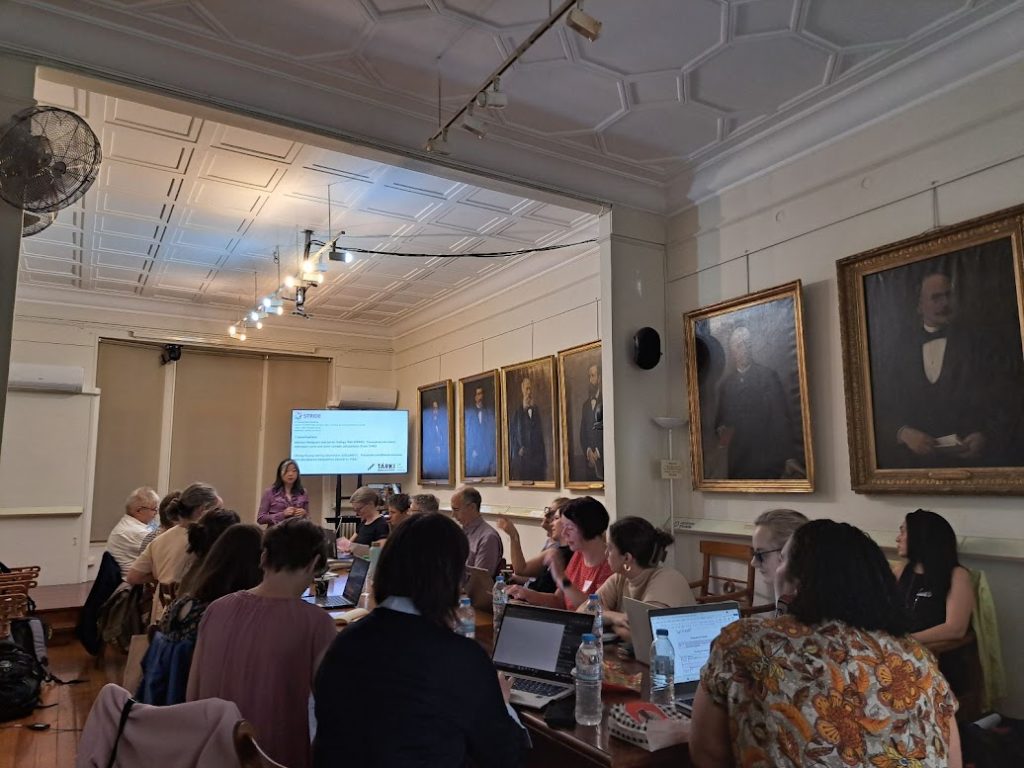As part of the STRIDE project, TÁRKI researchers — Márton Medgyesi and Zsófia Tomka, in close collaboration with Isa Steinmann (OsloMet) and Aggeliki Yfanti (NKUA) — have been examining the evolution of educational inequalities over the past two decades. Their work falls under Work Package 3 (WP3), which focuses on mapping and understanding disparities in student achievement across Europe. Using re-analyses of large international datasets, TÁRKI’s contribution, with its preliminary results, aims to bring clarity to how factors such as parental education and gender shape learning outcomes in different countries.
To do this, the team analysed data from all cycles of four major International Large-Scale Assessment studies (ILSAs): PISA (2000–2022), TIMSS (2003–2023), PIRLS (2001–2021), and ICCS (2000–2022). These studies examine key domains, including reading, mathematics, science, financial literacy, and civic knowledge, among school-aged children. TÁRKI narrowed in on achievement gaps — meaning they focused only on measurable test outcomes, rather than students’ attitudes or beliefs — to provide a clearer, more comparable picture of educational performance.
The team carefully selected a manageable number of indicators to keep the findings accessible and user-friendly for future data visualisations, like maps and charts. Their analysis centres on the evolution of inequalities between 2000 and 2023, making it possible to track how gaps between different student groups have shifted over time. The core comparison categories include parental education and gender — two key dimensions known to influence educational success. In the latter analysis, the team will focus on migrant status and place of living as key variables.
One of their standout findings comes from PIRLS, which assesses reading literacy. The data reveal that inequality in reading test scores by parental education has remained relatively stable overall but shows considerable variation at the country level. For instance, countries such as Hungary and Poland consistently exhibit higher levels of inequality. In contrast, Norway and Denmark display significantly lower levels. Interestingly, over time, a convergence trend is emerging, with the differences between countries narrowing.

When it comes to gender-based gaps, the patterns are subtler. In every country studied, girls consistently outperform boys in reading tests. However, the differences are minor compared to the parental education dimension. Countries like Hungary and Denmark show similar levels of gender disparity, while England and Norway have slightly lower gaps. Still, compared to the impact of parental background, gender plays a less prominent role in explaining inequality.

TÁRKI shared its preliminary findings at the STRIDE Consortium meeting in Kraków this spring and the National Stakeholder meeting in Budapest this June. Feedback from these events is now being integrated into the next stage of the research, which will feed into the final STRIDE outputs. With its evidence-based insights, TÁRKI’s work contributes to a deeper understanding of how social background continues to shape educational trajectories — and where policy interventions may be most needed.
Image credit: Photo by Vlada Karpovich from Pexels: https://www.pexels.com/photo/people-looking-at-a-document-7433837/












